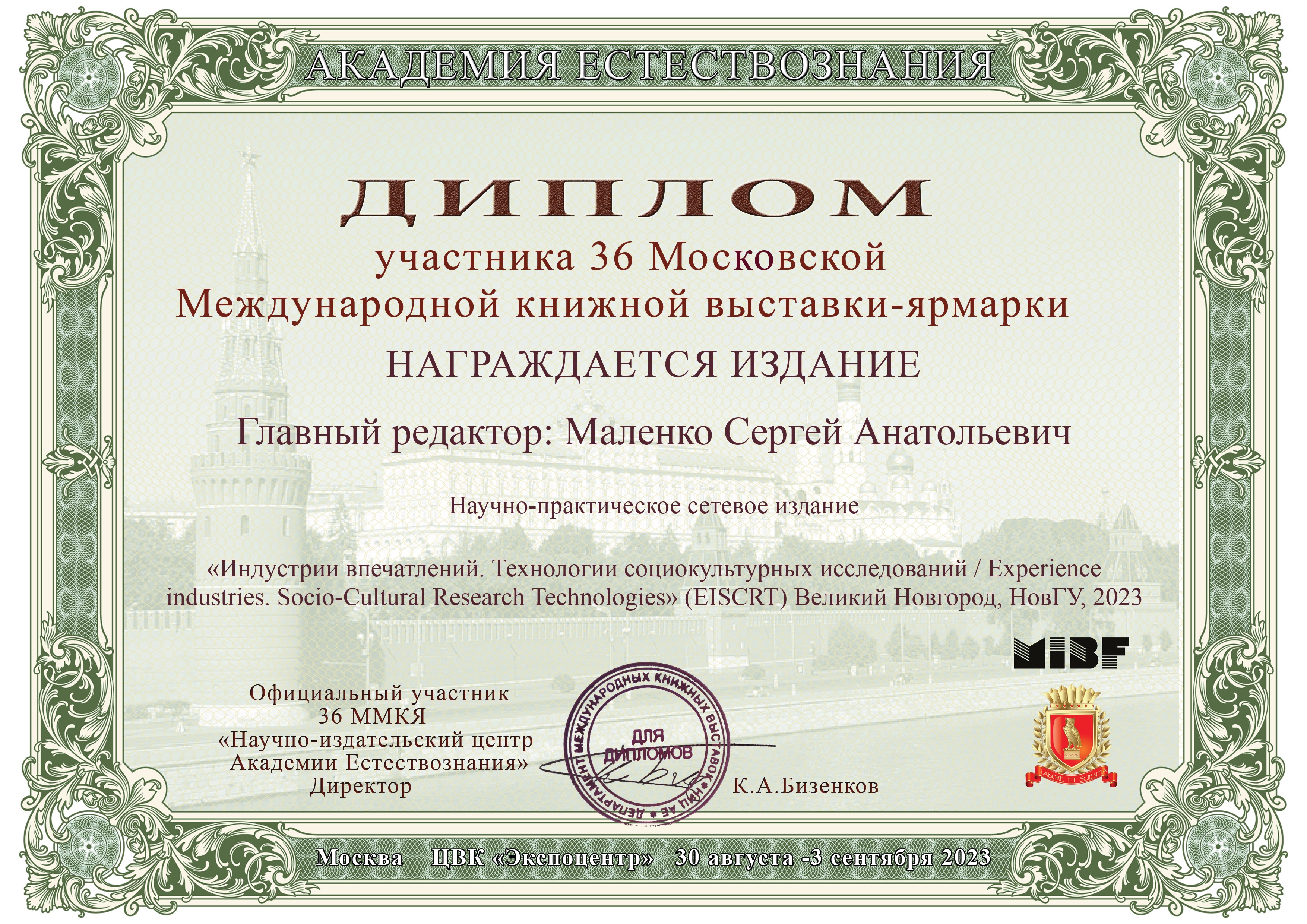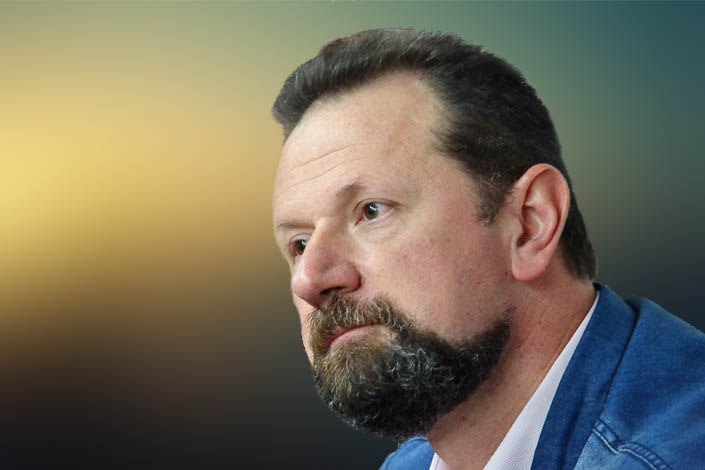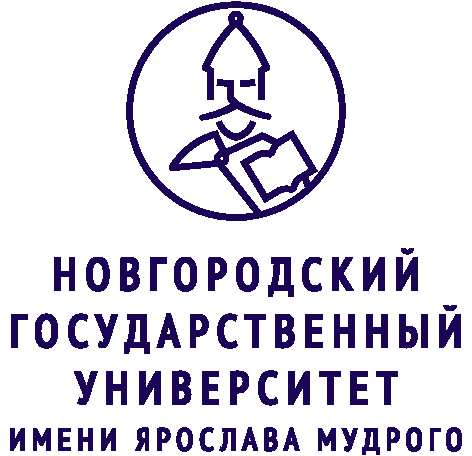УЖЕ МОЖНО СМЕЯТЬСЯ? (КРИЗИС СОВРЕМЕННОЙ ЭСТЕТИКИ И ШАНС НОВОГО ИСКУССТВА)
DOI:
https://doi.org/10.34680/EISCRT-2024-4(9)-132-197Ключевые слова:
опус, эстетическое пространство, актуальное искусство, чтение, эмотация, инклюзивность, преобразование стихийАннотация
В статье рассматриваются особенности происходящих сегодня на наших глазах преобразований эстетического пространства, которые во многом определяют саму картину современности и позволяют предсказать возможные направления дальнейшей эволюции западной цивилизации. Сложившая после эпохи Возрождения эстетика опусов в дальнейшем претерпела настоящую катастрофу. Жанровая разметка, служившая проводником, а порой и сверхпроводником для высокого искусства оказалось «захваченной» социальной инженерией и преобразованной посредством ИИ (пока только в виде «инклюзивной инквизиции», а не искусственного интеллекта) в набор прямых однозначных инструкций по сборке нового упрощенного субъекта. Одновременно с этим мощный толчок получило прежде маргинальное направление китча, которое сегодня господствует, называясь эстетикой «ми-ми-ми» как на бескрайних просторах Интернета, так и в «сырой жизни». И парадоксальным образом именно подобная эстетика защищает сегодня простые эстетические потребности человека в условиях капитуляции прежнего «высокого» искусства. В статье предлагается также рассматривать альтернативный ход искусства, связанный с формированием новой «эстетики свободных стихий», когда эстетическая деятельность может подхватить некоторые практики, уже оставленные наукой (практику натуралиста, полярника и др.) и использовать их для нового преобразования мира, для того, чтобы даровать «слепым стихиям» зрение.
Для цитирования статьи:
Секацкий, А. К. (2024). Уже можно смеяться? (кризис современной эстетики и шанс нового искусства). Индустрии впечатлений. Технологии социокультурных исследований (EISCRT), 4 (9), 132-197. https://doi.org/10.34680/EISCRT-2024-4(9)-132-197








